APTN National News
Prime Minister Justin Trudeau split Indigenous and Northern Affairs into two departments and named a second minister.
The two departments of Indigenous Affairs will have one side focusing on a new relationship with Indigenous people, such as First Nations working on self-government agreements, and the other will continue providing services for all First Nations.
Minister Carolyn Bennett will lead the new department becoming the minister of Crown-Indigenous Relations and Northern Affairs, former Health Minister Jane Philpott will becomes the minister of Indigenous Services.
Bennett was minister of Indigenous Affairs since Trudeau’s government took power in 2015.
The Prime Minister’s Office said in a press release the change was needed because the “level of the ambition of this government cannot be achieved through existing colonial structures.”
The PMO said the split is the “next step” to doing away with the Indian Act and dissolve the current Indigenous and Northern Affairs department.
The eventual creation of two separate ministries to replace the existing department will involve legislation, Trudeau said, noting Bennett’s work over the last two years has brought his government to the point where it can explore changes.
“There is a sense that we have pushed the creaky old structures around INAC (Indigenous and Northern Affairs Canada) about as far as they can go,” Trudeau said as he stood outside Rideau Hall, the Governor General’s residence.
“Being able to have ministers like Carolyn and Jane in charge of moving forward in substantive ways that will demonstrate Canadians’ commitment to reconciliation is something that is very exciting.”
The federal government is also taking steps to move beyond the Indian Act, Trudeau added, pointing to a 141-year old statute that has been widely criticized by Indigenous leaders.
“It is a story that is about decolonizing,” Bennett said Monday. “It is about getting rid of the paternalism and being able to understand that we have to move to a new way of working together. It is … about us stopping delivering government programs and begin to build Indigenous-led institutions and Indigenous-led governments.”
Assembly of First Nations National Chief Perry Bellegarde called Trudeau’s announcement Monday a “positive step” for Indigenous People and their relationship with the Crown, saying the decision will allow communities to exert their jurisdiction over territories and rights.
He also said he hopes the bureaucracy will be able to find new ways of doing business now that Philpott will take over this aspect of the file.
“We’ve always said the bureaucracy is really colonial and outdated and everything is done the same old way,” he said in an interview.
“I believe this government is listening and they’ve reacted in restructuring in such a manner that I think it is going to have impact for our people … I would say it should allow for greater progress.”
Metis National Council President Clement Chartier also praised the federal government on Monday, saying he was alerted of the decision personally in a Monday morning phone call from the prime minister.
“You have two, I believe, well-placed ministers that are serious about what they’ve been tasked with,” he said. “I think in this way, progress can, in fact, be made. I think it is a proactive, positive step that the government is taking.”
NDP Indigenous affairs critic Romeo Saganash interpreted the announcement differently, saying that splitting the Indigenous-related files is an “acknowledgment that the Liberal government has so far failed to comprehensively address the formidable challenges Indigenous communities face.”
“The long-standing injustices cannot be addressed by any symbolic change and I reiterate the NDP’s call on the Liberal government to comply with legal orders to end discrimination of First Nations kids,” he said in a statement.
The Conservatives declined to comment on the cabinet shuffle for Indigenous Affairs.
– with files from the Canadian Press




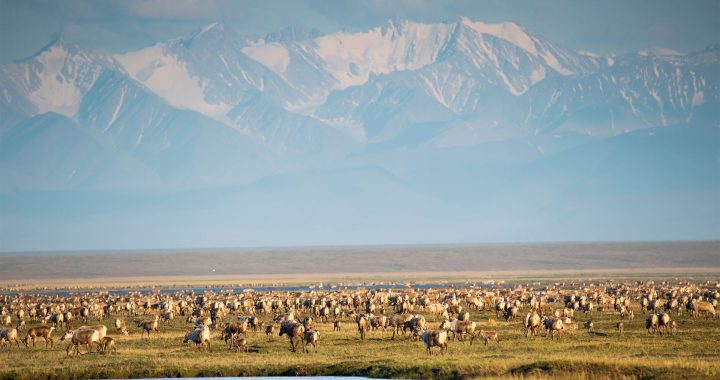
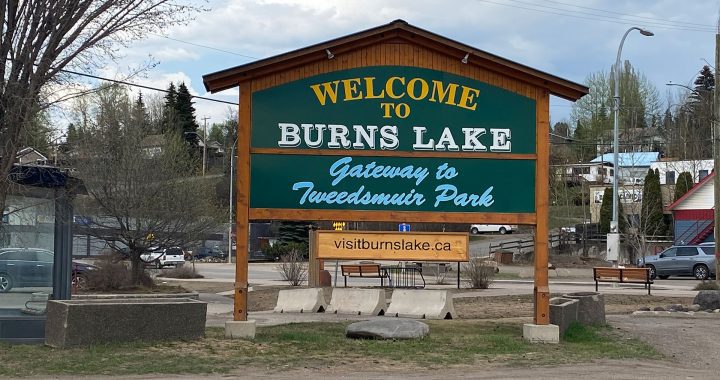
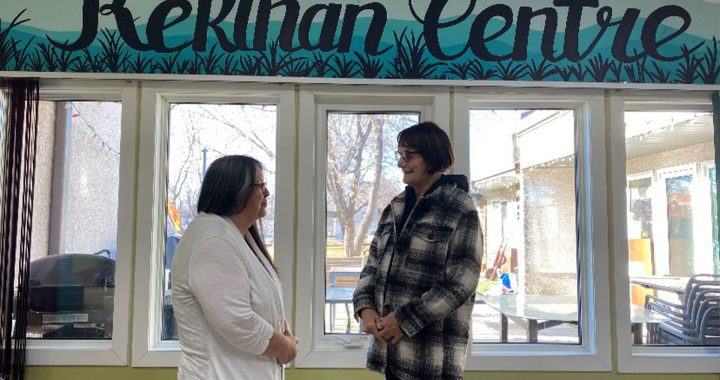

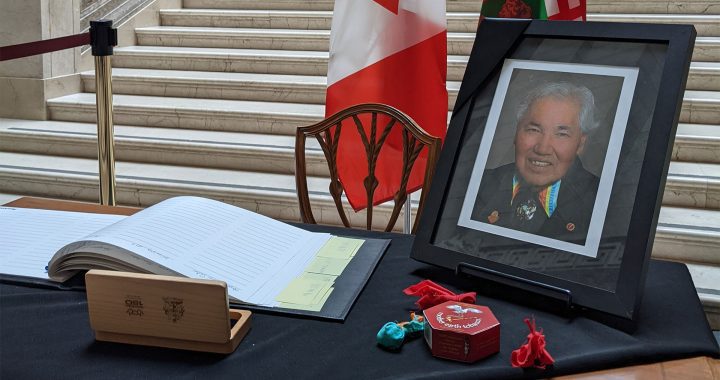
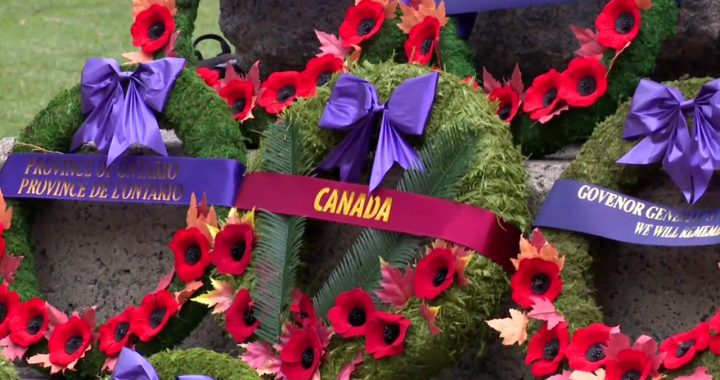
Please provide the indigenous peoples with safe, clean water, a secure food supply, well built & maintained schools, clinics, community centres, other infrastructure & homes. Give them the education, training & resources they need to implement these improvements themselves. And support them as communities & as individuals, regardless of age, gender or creed, in achieving productivity & independence with dignity. Whether this is done with one, two or a thousand ministries is unimportant. Just do it & do it now!
Who’s best interest is the government looking out for – themselves, Indigenous people or the Crown – 150 years and all of a sudden they are are willing to do things in the best interest of indigenous people – I don’t think so and our indigenous leaders shouldn’t think so either – In the grand scheme of things it’s just another move to take of Canada’s Indian problem – I ask you this – why do sovern nations have to ask and get the approval of a foreign government on how they should and will govern themselves…why are treaties that are being settled have to have the word “surrendered” in it – it’s because that foreign government (Canada) is only looking out for its best interest and not what’s best for its indigenous people of turtle island
Nothing on how they the Canadian gov will address treaty’s
And the sharing of the GNPfifty percent of which belongs to all native ppl and the return of all crown lands held in trust for native ppl or they can leave now
process to self government and rely on the tribes to take care of the tribe with out the Canadian government. getting to involved in tribal affairs.
They say that breaking up is hard to do.
Now I know I know that it’s true
Please just say that this is the end
The end of the Indian Act
So instead of just breaking up INAC
We are truly making strong independent self governing First Nations.
Instead of splitting it into two….it should be reduced to a financial oversight agency with all of the department’s other duties going directly to the AFN…….
That will make it easier? For whom?